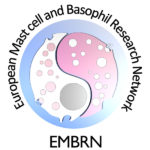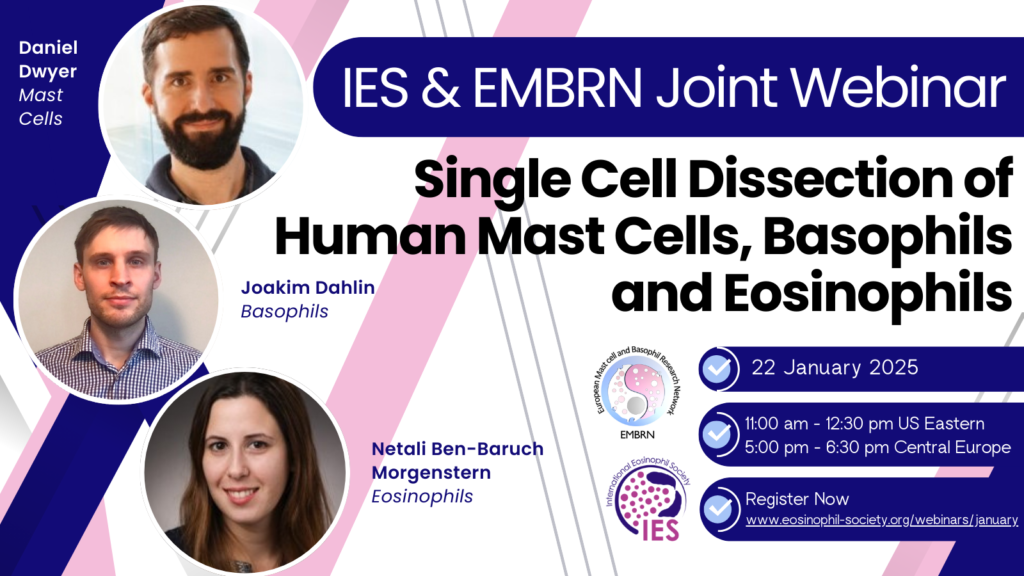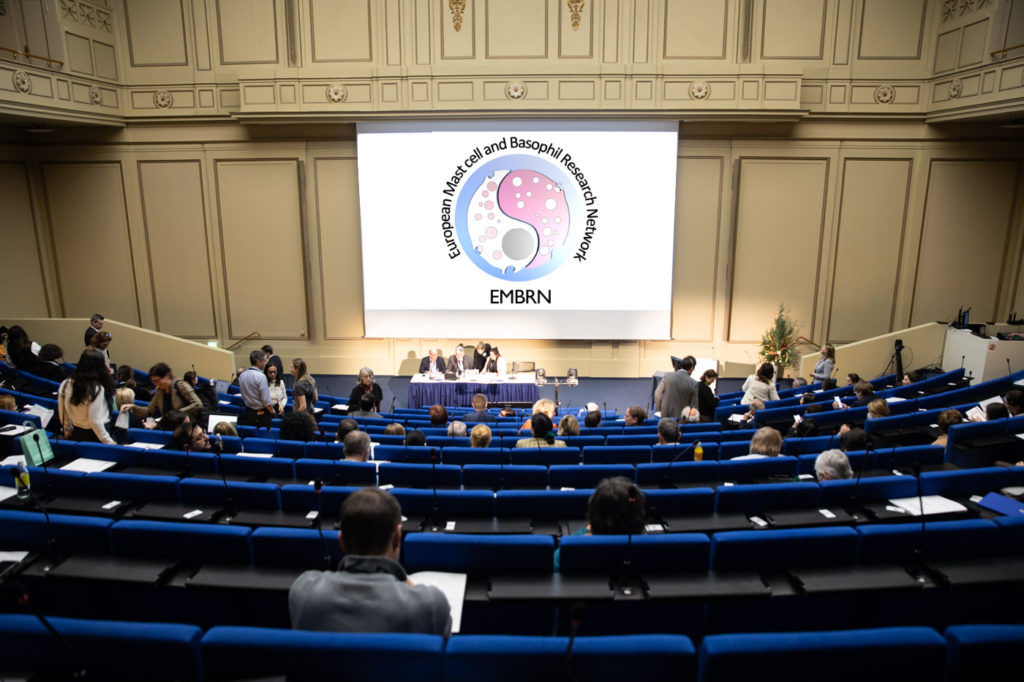K. Frank Austen, a remarkable, dedicated mast cell scientist and mentor over almost seven decades, passed away on June 23rd at an age of 95 years. Frank will be remembered as an immensely talented, focused and hardworking man who dedicated his whole adult life to the advancement of science. Nevertheless, he always found time to keep his beloved wife, children and grandchildren close. He also understood the importance of physical activity, and enjoyed sports in many forms. Thus, many remember him not only from the scientific sessions, but also as a kind and friendly colleague who really enjoyed the ski sessions at Gordon conferences.
Frank spent his scientific career mainly at Harvard Medical School in Boston focusing on understanding the nature of the acute allergic response. Some of his most important contributions include the chemistry and biology of mast cell constituents, especially the cysteinyl leukotrienes, their biosynthesis and receptors. Further, he has made important advances in the understanding of mast cell heterogeneity – in relation to origin, development and location in tissues, and changes in these features upon inflammation, especially in the context of asthma and allergy. Among his many recognitions, he was elected member of the National Academy of Sciences in 1974, received the George M. Kober Medal in 2004, and was elected to the Royal Society the same year for his discoveries. Frank’s studies have spanned technological advancements, and he has always been keen to use the most advanced techniques available to understand as much as possible the biology of mast cells. Frank’s interest was broad and detailed, his understanding and experiments ranged from biochemistry and molecular biology, knock-out technology and in-vivo models, to translational and clinical settings, with a truly inspiring bench- to bed-side focus.
As a mentor, he knew to expect nothing else than full commitment and dedication to science. When fellows left the Austen lab, Frank continued to follow their careers, congratulated new findings, discussed scientific articles through correspondence, and made efforts to support their scientific career.
Frank’s contribution to mast cell research is unprecedented. He inspired many to commit their lives to science, and his legacy lives on in those who trained with him, including hundreds of scientists in academic positions over all continents, most still pursuing asthma and allergy research. As an example, we are currently two out of eight in the EMBRN council, who trained with Frank. Francesca between 1984-1986, and Jenny 2005-2007.




